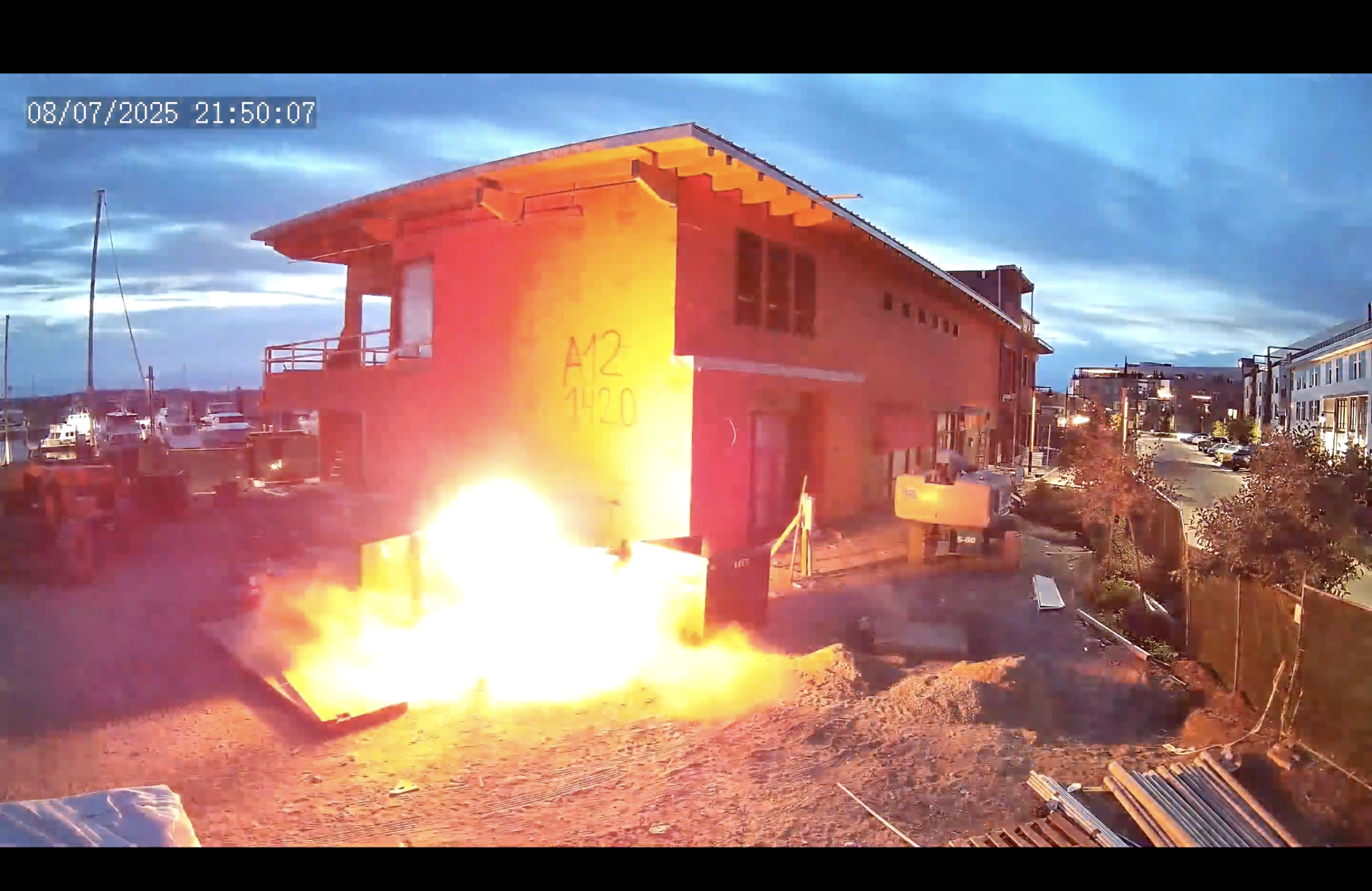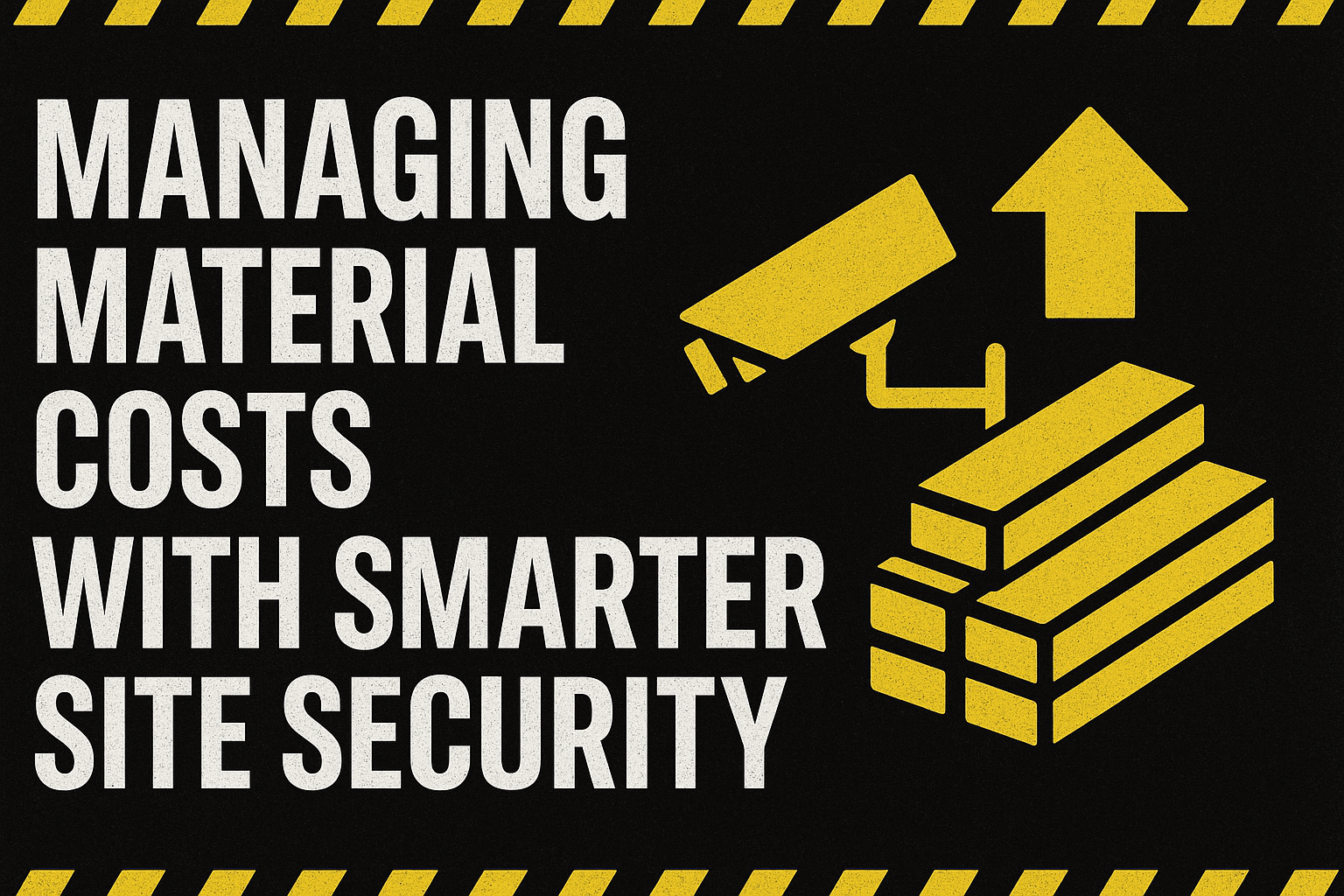Navigating the legal landscape of construction site security can feel like walking through a minefield. But don’t fret; we’re here to guide you. From understanding who’s responsible for what, to the repercussions of non-compliance, this article will give you the lowdown on what you need to know.
The Legal Landscape
When it comes to construction site security, ignorance of the law is no excuse. Various local, state, and federal laws govern how you must secure your site. These laws often dictate the minimum security measures required, such as fencing, lighting, and surveillance cameras.
Liability and Responsibility
Who’s on the hook if something goes wrong? Typically, it’s the general contractor or the construction site owner. However, subcontractors and even suppliers could also share in the liability, depending on the circumstances and contractual agreements.
Compliance is Key
Adhering to legal standards isn’t just a good practice; it’s a necessity. Failure to comply can result in hefty fines, legal action, and even project shutdowns. But it’s not just about avoiding penalties; compliance also protects you from potential lawsuits and enhances your reputation in the industry.
Insurance Mandates: The New Norm in Construction Security
It’s not just the law you have to worry about; insurance companies are increasingly requiring construction sites to implement specific security measures as a condition for coverage. Failing to meet these requirements could result in higher premiums or even loss of coverage altogether. In some cases, having robust security measures in place can also make you eligible for discounted rates. It’s a win-win: you not only comply with the law but also meet insurance mandates, all while safeguarding your project.
Documentation Matters
If you think paperwork is just busywork, think again. Proper documentation, from security logs to incident reports, can be your best friend in legal disputes. These records serve as tangible proof of your compliance and due diligence.
The Cost of Non-Compliance
Skirting the law may save you a few bucks in the short term, but it can cost you dearly down the line. Fines for non-compliance can run into the thousands or even millions, depending on the severity of the violation. And let’s not forget the potential damage to your reputation.
Your Legal Partner: Professional Security Services
Navigating the legal maze of construction site security can be daunting. That’s where professional security services come in. By partnering with experts who are well-versed in the legal requirements, you’re not just outsourcing security; you’re gaining a legal ally.
The Final Word: Don’t Gamble with the Law
When it comes to construction site security, cutting legal corners is a risk you can’t afford. Stay informed, stay compliant, and when in doubt, consult the experts. Your project’s success—and your peace of mind—may depend on it.
Disclaimer: The information provided in this article is for informational purposes only and should not be construed as legal advice. We are not legal experts. For any legal concerns related to your construction site security, consult with your legal team and refer to local, state, and federal laws and regulations.






